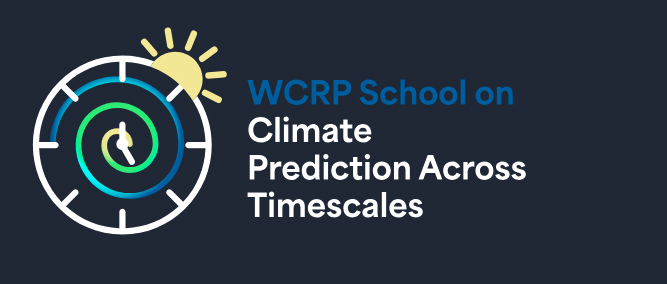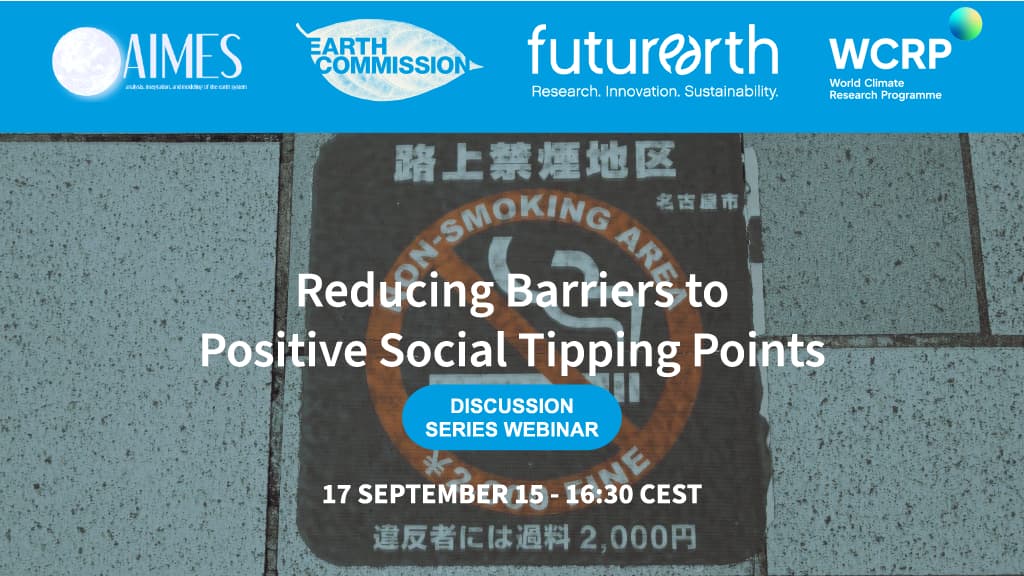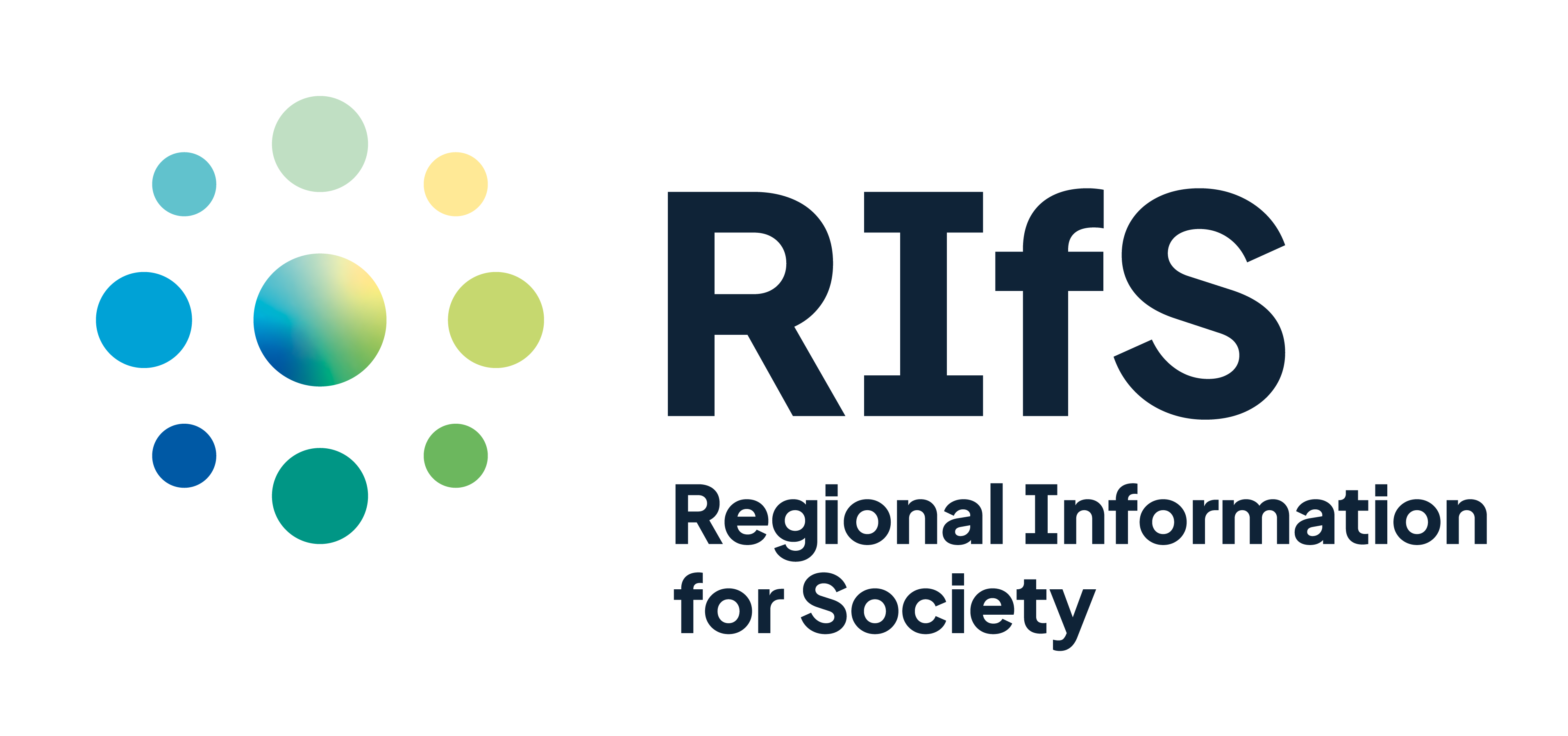
Registrations are open for the WCRP School on Climate Prediction Across Timescales, which will be held on 23-27 February 2026 in Buenos Aires, Argentina.
The School is designed for graduate students, postdocs, and early-career professionals working in climate and related sciences. Participants will engage in a combination of expert lectures and hands-on lab sessions using real-world data, with a focus on prediction across subseasonal to interdecadal timescales. Further details on the programme, eligibility, and application instructions are available on the ESMO Website.

Join AIMES, the Earth Commission, Future Earth, and the WCRP’s Safe Landing Climates Lighthouse Activity for a webinar exploring the latest scientific insights on positive social tipping points and the barriers they can face. This discussion will bring together experts to examine examples and how science and policy can address them.
-
When ? 17 September 15:00-16:30 CEST
-
More information and registration at https://reducing-barriers.confetti.events/

WCRP, WMO & WGNE invite submissions on advances in Earth System Modelling, from coupled models and forecasting to AI applications. The WGNE Blue Book publication is an attempt to foster an early interchange of information among scientists developing numerical models for the purpose of climate simulation and for forecasting on various timescales.
The contributions are requested as PDF files with a maximum length of two pages (including references and any diagram, figures, or tables). Deadlines: 15 September 2025
-
For more information contact
This email address is being protected from spambots. You need JavaScript enabled to view it.

As a pan-cryospheric meeting, the CliC OSC will address all elements of the cryosphere and its climate connections. We invite scientists, researchers, scholars, practitioners, educators, and stakeholders to come together at the nexus of climate and cryosphere to learn from one another, identify knowledge gaps, and address emerging challenges. From modellers and observationalists to social scientists and community organizers, we welcome leading and emerging experts as well as early career researchers (ECRs) to present their work and discuss the state of cryospheric science.
Please note the following important deadlines:
- Abstract submission: extended to 19 September
- Apply for a CliC-funded travel grant: 31 August
- Apply for an IGS-funded ECR travel grant: 30 September
- Early Bird Registration: 11 November
Find more information about the conference at http://clic2026.com/

This open call to fill vacant position(s) within the WCRP Global Extremes Platform (GEP) Working Group on Event Attribution is targeted at the Global South and/or other underrepresented regions. The Working Group on Event Attribution aims to support activities that will foster extreme event attribution collaboration and research to provide information globally, particularly in an operational context, that is clear, defensible, traceable, and consistently interpreted, including development of best practice guidelines, and to increase the capacity for event attribution in the Global South and underrepresented regions.
To find out more and to apply, visit the Open Call website.

